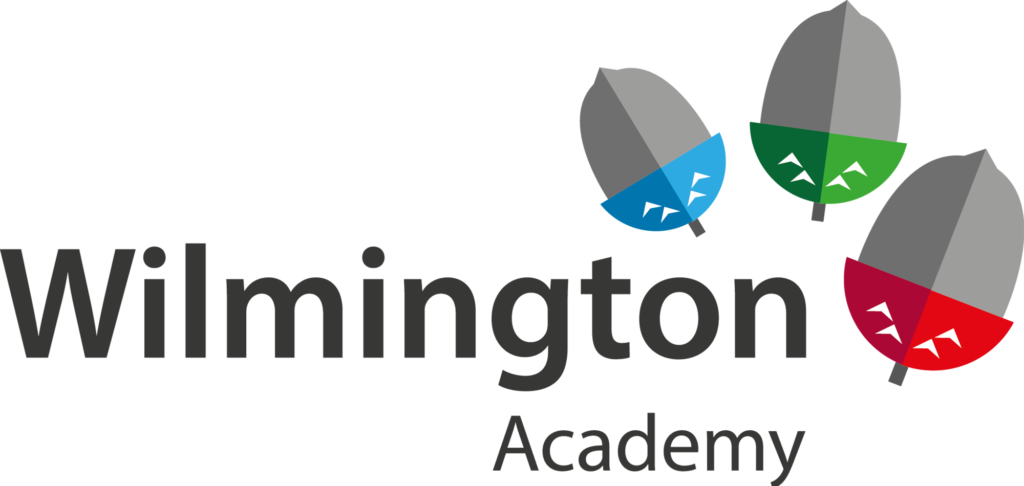KS3: MYP Maths (Mathematics)
Intent
At Key Stage 3, Mathematics is taught in mixed ability sets. The curriculum is aligned to the MYP framework for Year 7. The MYP mathematics framework encompasses number, algebra, geometry, statistics and probability.
Students in the MYP learn how to represent information, to explore and model situations, and to find solutions to familiar and unfamiliar problems. These are skills that are useful in a wide range of arenas, including social sciences and the arts.
The objectives of MYP Mathematics encompass the factual, conceptual, procedural and metacognitive dimensions of knowledge.
Each objective is elaborated by a number of strands; a strand is an aspect or indicator of the learning expectation which students will be assessed on.
Together these objectives reflect the knowledge, skills and attitudes that students need in order to use Mathematics in a variety of contexts (including real-life situations), perform investigations and communicate Mathematics clearly.
Year 7 Schedule of Learning:
- Module 1 & 2: Place value – Addition, subtraction, multiplication and division
- Module 3: Geometry – 2D shape in a 3D world
- Module 4: Fractions
- Module 5: Basic Algebra
- Module 6: Percentages and Pie Charts. Written assessment
Additional Resources
Useful websites
Year 8 Schedule of Learning:
- Module 1: Prime Factors, Fractions, Percentages
- Module 2: Sequences, Form and solve equations, Inequalities
- Module 3: Transformations, Linear graphs,
- Module 4: Ratio and Proportions
- Module 5: Statistics
- Module 6: Geometry 1. Written assessment
Additional Resources
Useful websites
Year 9 Schedule of Learning:
- Module 1: Linear graphs, Proportion, Standard Form
- Module 2: Rounding, Sequences, Algebra 1
- Module 3: Geometry 2
- Module 4: Congruency, Pythagoras’ theorem, Linear Equations
- Module 5: Graphical solutions. Probability
- Module 6: Handling Data. Written Assessment
Additional Resources
Useful websites
Implementation
MYP mathematics aims to equip all students with the knowledge, understanding and intellectual capabilities to address further courses in mathematics, as well as to prepare those students who will use mathematics in their studies, workplaces and everyday life. Mathematics provides an important foundation for the study of sciences, engineering and technology, as well as a variety of applications in other fields.
Impact
Assessment practices in the MYP aim to: support student learning by providing consistent feedback on the learning process provide opportunities for students to demonstrate transfer of skills across disciplines develop critical and creative thinking skills assign the most accurate achievement level for student performance, rather than averaging achievement levels over a given period of time assess student understanding at the end of a course
Students will be assessed under four different criteria:
- Criterion A: Knowledge and Understanding
- Criterion B: Investigating Patterns
- Criterion C: Communication
- Criterion D: Real-world Application
Each criterion is divided into various achievement levels. The level descriptors for each band describe a range of student performance in the various strands of each objective. At the lowest levels, student achievement in each of the strands will be minimal. As the numerical levels increase, the level descriptors describe greater achievement levels in each of the strands.
The four MYP criteria will be summatively assessed and reported on twice a year (Modules 3 and 6). A final grade will be provided at the end of the year (Module 6). Further guidance on MYP assessments can be found here:
For more information, please read our assessment recording and reporting cycle.


